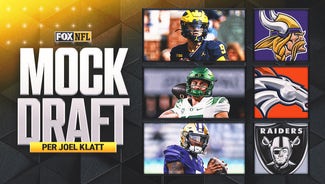





































































































































It's tough ship for Freeman, Bucs
Every professional athlete is supposed to lead to some extent, but no position in sports requires leadership as explicitly as the NFL quarterback.
You’re orchestrating the offense, calling plays in the huddle, and generally the most visible member of your squad. Before it was co-opted by Gregg Williams, the quote “Kill the head and the body will die” — or else, “Kill the body and the head will die,” as Hunter S. Thompson had it — applied in no better way than when referring to the quarterback of a football team; without one, your squad’s best hope was to survive.
And so, establishing this — if I want my football team to win games, I want my quarterback to lead my football team — another fact should follow: Every NFL quarterback must be one of his team’s captains. Right?
Not right.
Around the Bucs-Jets game Sunday, much was made of Josh Freeman’s “C”-less jersey, all the more because Freeman used to be a Bucs captain, but hadn’t been voted into the role this year. And it isn’t because Josh Freeman isn’t a captain that the Bucs play rudderless, formless, ugly, confusing, unfocused football; they’re just issues with the same root cause. For whatever reason — because he doesn’t inspire them, because they don’t believe in him, because nobody likes him, whatever — Josh Freeman’s teammates don’t think he’s one of the leaders of their team, and it shows on the field.
But Freeman isn’t the only starting quarterback in the NFL to not be among his team’s captains. A look through the league reveals something: A few teams choose not to make their quarterbacks captains, and all of them are struggling, shiftless franchises.
Out of the 26 NFL teams that elect captains prior to the season — the Atlanta Falcons, Baltimore Ravens, Green Bay Packers, Miami Dolphins, and Philadelphia Eagles alternate their captains during the year, and the Jets don’t have captains — six do not count their QBs among them: the Buffalo Bills, Cleveland Browns, Jacksonville Jaguars, Minnesota Vikings, Oakland Raiders, and Tampa Bay Buccaneers. All of these teams lost in Week 1; that’s an amazing coincidence. Less coincidental: among the four of these squads that return their starters from last season — meaning that E.J. Manuel and Terrell Pryor get a free pass, considering that they didn’t fully possess their starting jobs until just before the regular season — none of them have viable NFL quarterbacks.
Brandon Weeden was supposed to be building on an impressive preseason after a less-than-impressive rookie year, but he threw three interceptions to one touchdown and completed fewer than 50 percent of his passes in Week 1. Christian Ponder also threw three interceptions to one touchdown. Blaine Gabbert was horrendous before leaving with a lacerated hand: 16/35, 121 yards, two interceptions, and a 30.8 QB rating. And Freeman completed fewer than 50 percent of his passes as well, with one touchdown and one interception — and his 25-touchdown, six-interception 2010 campaign looking farther and father away.
In a game of unpredictability, this is all almost too predictable. It’s almost as if the teams should’ve named them captains for the hell of it, just to stave off the inevitable. Instead, they’re stuck with the biggest oxymoron in pro sports: A player whose teammates give him a vote of no-confidence before the season starts.
That’s the thing: You can’t just choose not to make your quarterback a captain. Because no matter what, he’s captaining the team. That’s just how football works.
It isn’t as though other teams didn’t take risks. The Dolphins made Ryan Tannehill a captain, even though he’s still unproven in his second season. The Cardinals and Chiefs made Carson Palmer and Alex Smith captains, even though neither guy had played a game with their respective teams before Week 1. The St. Louis Rams and Tennessee Titans made Sam Bradford and Jake Locker captains, even though neither has yet shown he deserves to be a long-term starter in the league. But if that’s your guy, that’s who you’re stuck with, you might as well empower him going into the year. And — who knows! — maybe Bradford and Locker’s teammates do believe in them.
At the least, they didn’t acknowledge that they don’t — and in a league where the smallest psychological edge can be used by an opportunistic coach to motivate his team, that’s huge. The same can’t be said for Weeden, Gabbert, Ponder, and Freeman. And regardless of the correlation, it’s been a self-fulfilling prophecy so far.
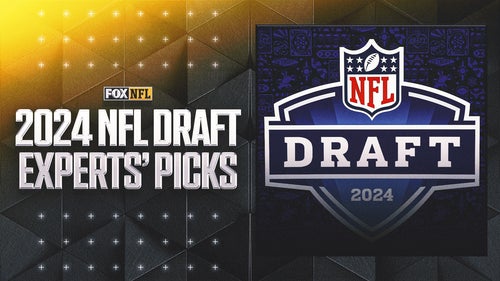
2024 NFL Draft best bets and odds

2024 NFL Draft Schedule: Date, time, how to watch, TV channel
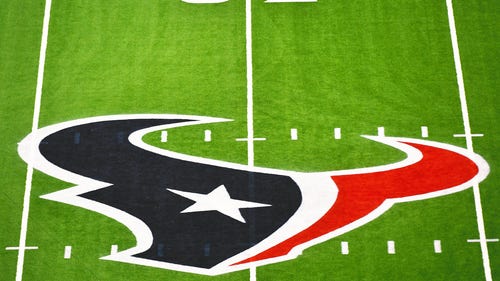
2024 New NFL uniforms: Texans unveil redesign, new secondary logo
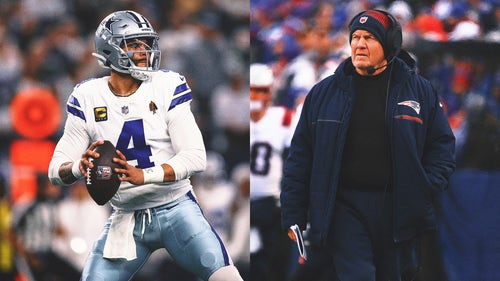
Could Dak Prescott and Bill Belichick team up in 2025 — on the Giants?
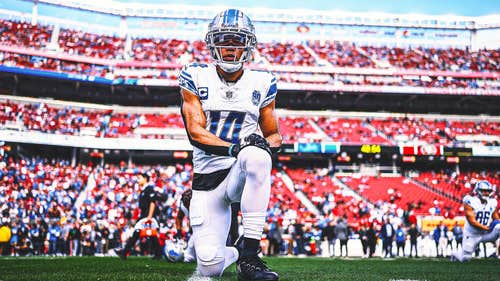
The Sum God: How Amon-Ra St. Brown’s record WR deal affects other star wideouts
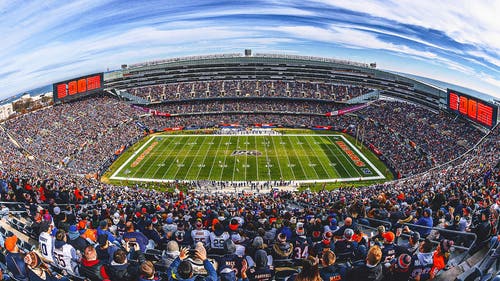
Bears announce plans for new 'state-of-the-art' stadium near lakefront
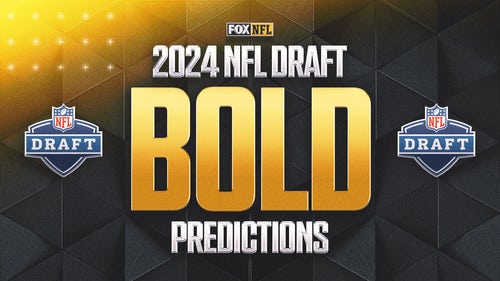
5 Bold Predictions for 2024 NFL Draft: Texas DT Byron Murphy a top-10 pick
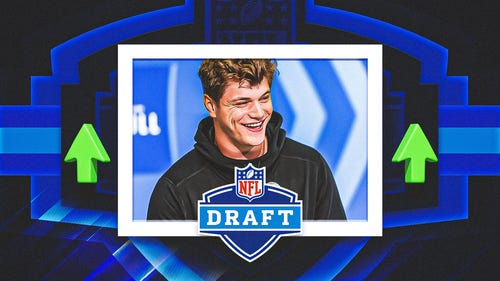
2024 NFL Draft odds: Chargers' odds to pick J.J. McCarthy rise on draft eve
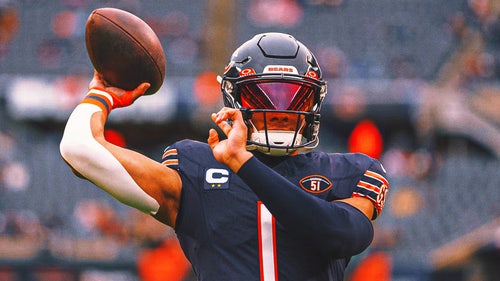
Steelers reportedly not expected to pick up Justin Fields' fifth-year option


2024 NFL Draft best bets and odds

2024 NFL Draft Schedule: Date, time, how to watch, TV channel

2024 New NFL uniforms: Texans unveil redesign, new secondary logo

Could Dak Prescott and Bill Belichick team up in 2025 — on the Giants?

The Sum God: How Amon-Ra St. Brown’s record WR deal affects other star wideouts

Bears announce plans for new 'state-of-the-art' stadium near lakefront

5 Bold Predictions for 2024 NFL Draft: Texas DT Byron Murphy a top-10 pick

2024 NFL Draft odds: Chargers' odds to pick J.J. McCarthy rise on draft eve

Steelers reportedly not expected to pick up Justin Fields' fifth-year option
